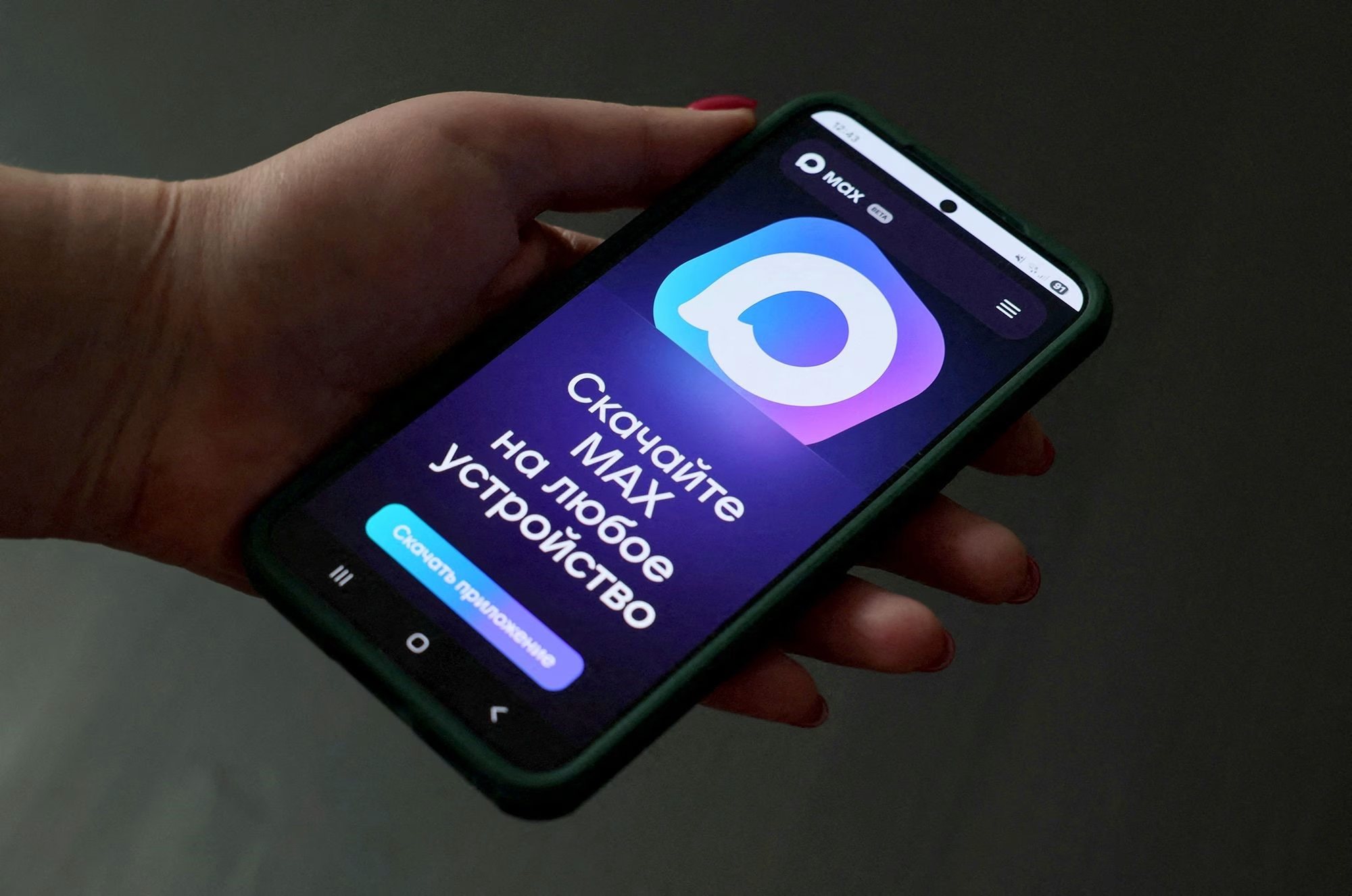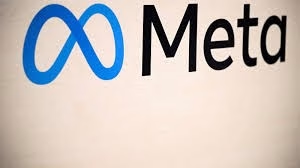Kremlin-Backed Max Messenger to Be Pre-Installed on All Smartphones in Russia
Moscow — August 21, 2025 — The Russian government will require Max Messenger, a Kremlin-backed app, to come pre-installed on all smartphones and tablets sold in Russia starting September 1, 2025. The decision raises fresh concerns about state surveillance of citizens.
Mandatory Installation of Max Messenger
The government confirmed that every new smartphone will carry Max Messenger by default. Apple iPhones will also include RuStore, Russia’s answer to the App Store.
From January 1, 2026, Smart TVs sold in Russia must include Lime HD TV, which streams free access to state television channels.
Features of Max Messenger
VK, the state-controlled social media company, launched Max Messenger in March 2025. It replaced VK Messenger, which had already been on the government’s mandatory app list.
The app lets users:
-
Send messages
-
Make audio and video calls
-
Transfer money
VK said new features will arrive soon, including travel booking services. The company aims to make Max similar to WeChat, China’s all-in-one app known for convenience but also for heavy surveillance.
More than 18 million users have registered with Max since launch, according to state outlet TASS.
Crackdown on Foreign Platforms
The Kremlin continues to tighten control over digital platforms. Russia has already banned Facebook, Instagram, and X (Twitter). This month, regulators also restricted WhatsApp and Telegram voice calls, claiming the move helps fight crime.
Both WhatsApp and Telegram use end-to-end encryption, blocking outside access to messages. Max does not, which gives the state more oversight.
Human Rights Watch researcher Anastasiia Kruope said Russia is making foreign apps “inconvenient” to use. She noted that the state’s push for Russian-made apps forces more people toward platforms like Max and RuStore.
Analysts Andrei Soldatov and Irina Borogan argued that the Kremlin is waging “a sustained attack” on WhatsApp to push citizens toward Max. They warned the policy may succeed because Russians will have little choice.
Political Links and Control
Pavel Durov, the billionaire behind Telegram, co-founded VK in 2006. He left in 2014 after refusing government demands for censorship and user data.
Today, VK operates under Vladimir Kiriyenko, the son of Sergey Kiriyenko, a top Kremlin official. This leadership highlights the close political ties driving Russia’s digital policies.
What It Means for Russians
The rollout of Max Messenger will tighten state control over communication. By forcing adoption, Russia is reducing the role of encrypted global platforms and expanding its domestic tech ecosystem.
For users, the change may limit access to private communication tools. For the Kremlin, it represents another step toward centralized digital power.






